Falz-Fein and his “Askania Nova”

Landowner Friedrich Falz-Fein wanted to preserve the nature of the steppe and endangered species of animals, so he founded "Askania-Nova" - the oldest biosphere reserve in Ukraine.
1863-1920
Fonts:
Irpin Type (Medium)
Designer:
The Ukrainian steppes are an important part of Ukraine’s cultural heritage. Two centuries ago, their natural resources were mercilessly exploited by the colonists. However, in the 19th century, one of their descendants decided to preserve the real, unplowed steppe, and that is how “Askania Nova” came into being. Today, it is one of the oldest biosphere reserves in Europe and a unique place where the flora and fauna of the wild steppe have been preserved.
Two hundred kilometers from Kherson, one can see animals from almost all over the world. For the sake of species conservation, zebras, wildebeests, buffalos, camels and ostriches were brought here.
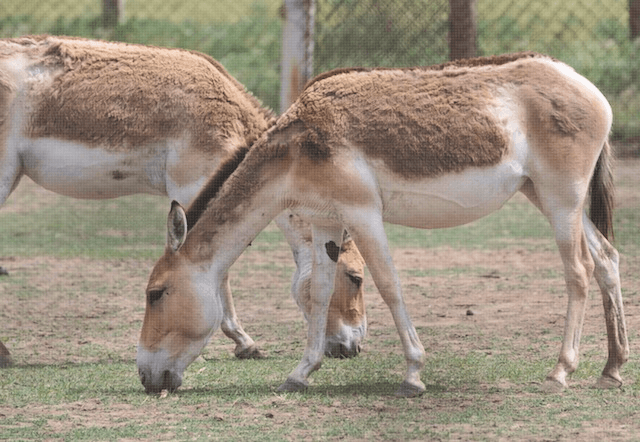
“Askania-Nova” has suffered from the German occupation during WWII and is now suffering from the Russian occupation in the current war.
For a year and a half now, the reserve has been occupied by the Russian troops. During this time, the Ukrainian workers have managed to take care of the animals and not cooperate with the invaders. Recently though, the Russians appointed their own manager and declared the reserve their possession. What will happens to it next is uncertain — however, “Askania Nova” has seen many great upheavals before.
“Askania-Nova” has suffered from the German occupation during WWII and is now suffering from the Russian occupation in the current war. For a year and a half now, the reserve has been occupied by the Russian troops. During this time, the Ukrainian workers have managed to take care of the animals and not cooperate with the invaders. Recently though, the Russians appointed their own manager and declared the reserve their possession. What will happens to it next is uncertain — however, “Askania Nova” has seen many great upheavals before.
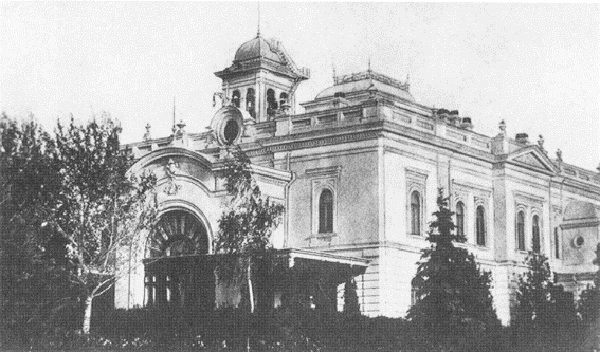
The landowner’s business did not go well, and eventually, the land had to be sold. The new owner was another German, Friedrich Fein, whose daughter married Johann Gottlieb Falz, with the couple merging their last names. By the end of the century, the Falz-Feins had become the largest landowners in the south, whose main source of income was sheep farming.
The one It was the grandson of Friedrich Fein — Friedrich Eduardovich Falz-Fein who changed the purpose of the land. As a little boy, he developed interest in zoology and botany. In the late 1890s, he decided to use part of his pastures as a botanical garden and a zoo. Friedrich Falz-Fein’s goal was to preserve the nature of the steppe and some endangered animal species, such as Przewalski’s horse from Mongolia.
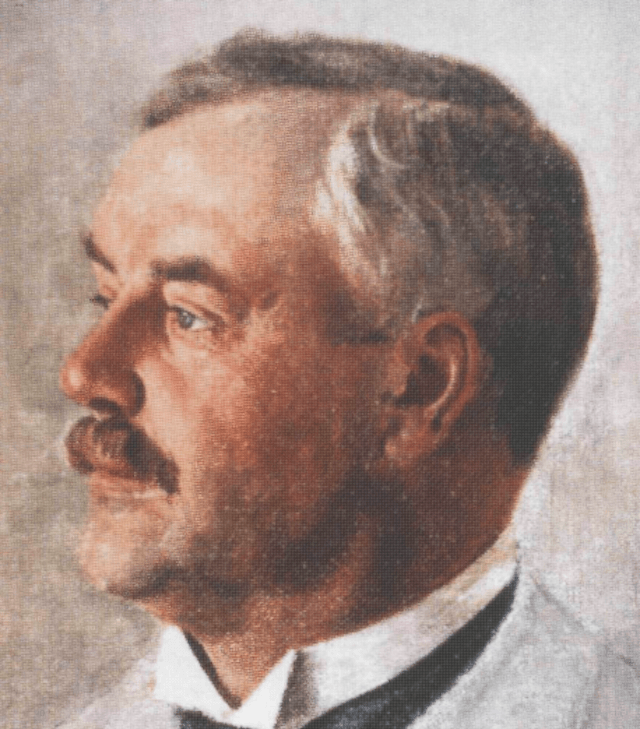
In 1917, Friedrich Falz-Fein was arrested by the Bolsheviks, and in 1941, the Germans looted the reserve. It took more than 40 years before “Askania Nova” was restored. Since its foundation to the present day, it has been not only a biosphere reserve, but also a zoological and botanical garden and a research center.
“Askania Nova” is one example of how diverse the nature of Ukraine is.
Other Ukrainian biosphere reserves, such as the Carpathian, Black Sea, Danube and Chornobyl, also protect their unique areas of wildlife. Visiting those is like a journey from the primeval beech forests, through the Danube floodplains, to the seaside steppes.
Such diversity is one of the hallmarks of Ukraine and a reason to fight off the enemy despite everything.
Fonts:
Irpin Type (Medium)
Details:
Falz-Fein and his “Askania Nova”
Designer:
About font:
Next letter and event

Falz-Fein and his “Askania Nova”
this project
in social
“Shchedryk” (The Little Swallow)


“Nasha armiia, nashi khranyteli” (“Our Army, Our Guardians”)
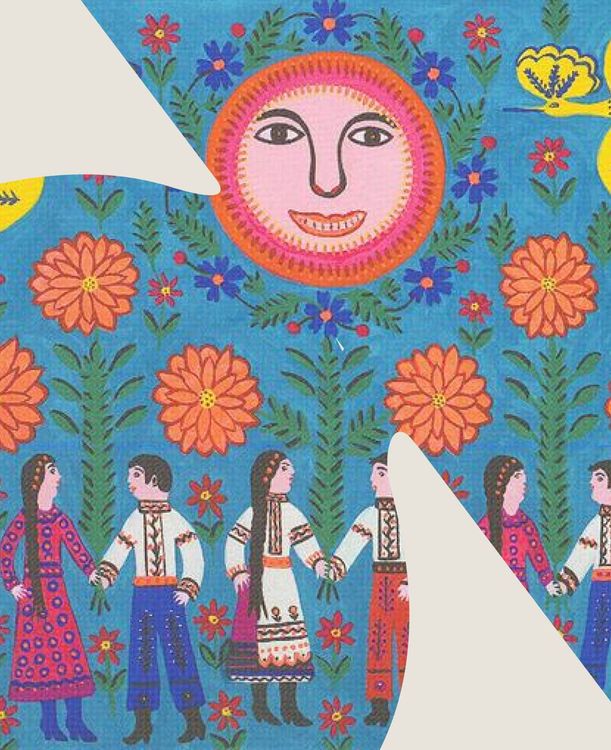

Aeneid by Ivan Kotliarevsky
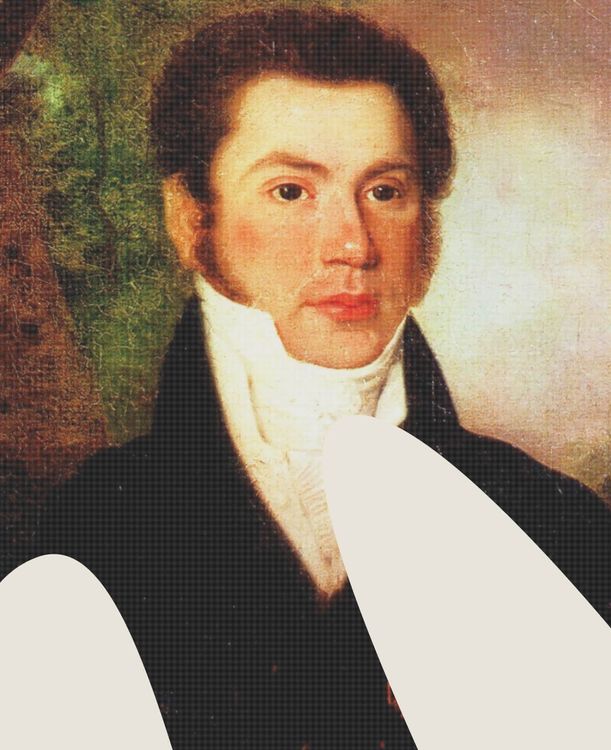
Khreshchenia Rusi (Christianization of Kyivan Rus’)

Yrii (/'irij/: iriy), yndyk (/in'dik/: turkey) and yrod (/'irod/: Herod)


Falz-Fein and his “Askania Nova”

Antonov AN-225 Mriya ("The Dream")
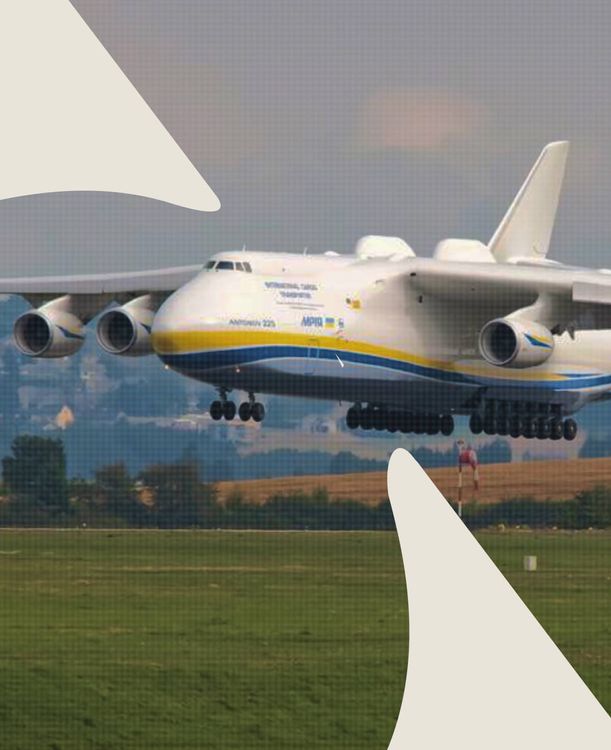
Budynok “Slovo” (The Slovo Building, or "The Word")
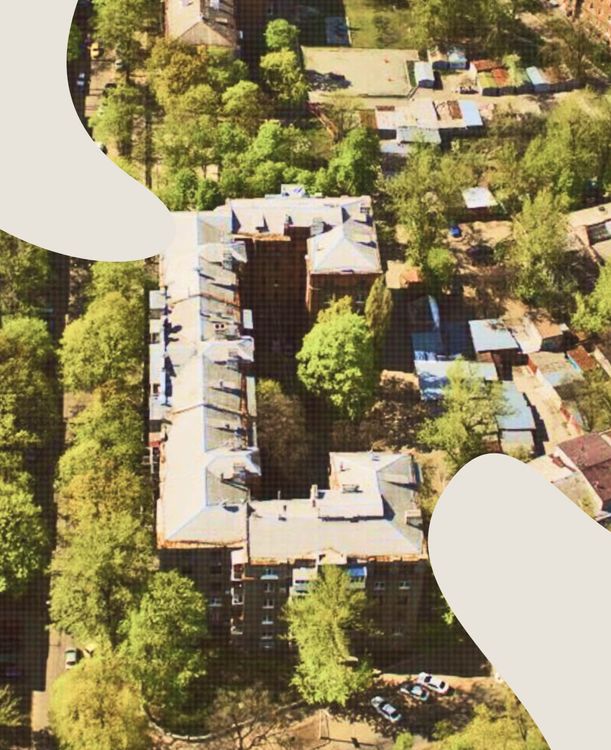
“Shchedryk” (The Little Swallow)

Volia — collective concept, most often translated as Freedom

Zaporizka Sich (The Zaporizhian Host)

Crimean Tatars, Karaites and Krymchaks (qırımlılar, qaraylar)

Budynok “Slovo” (The Slovo Building, or "The Word")


Zhyvyi lantsiuh (Human chain for the 71st anniversary of the Act Zluky)

“Plyve kacha po Tysyni...” (“Swims the duckling, on the Tysa...”)

Creative & Tech Online Institute
Медіа про дизайн, креатив і тех індустрії

Ukrainski sichovi striltsi (The Ukrainian Sich Riflemen, or the USS)


Aeneid by Ivan Kotliarevsky

Lisova Pisnia (The Forest Song)
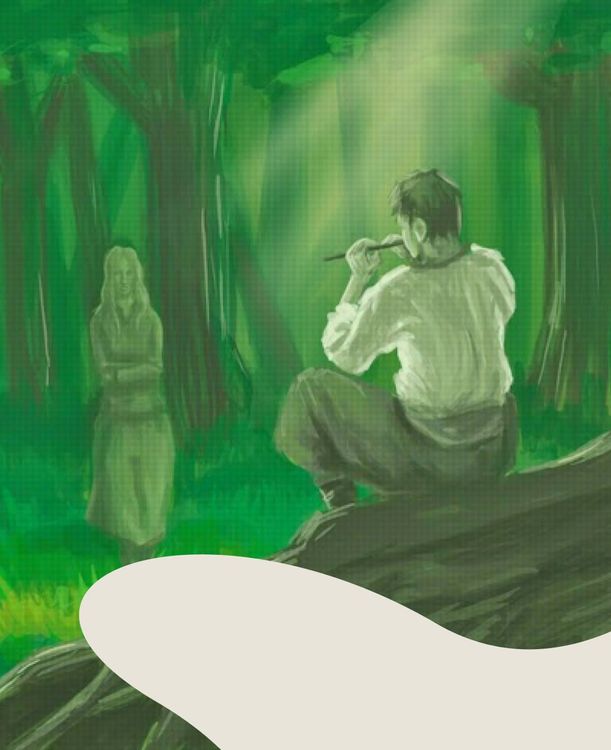
Yuzivka

Antonov AN-225 Mriya ("The Dream")

Holodomor

Volia — collective concept, most often translated as Freedom

“Yak umru to pokhovaite...” (When I am dead, bury me...)

Georgiy Gongadze

Yizhak protytankovyi (Czech hedgehog)

Peresopnytske Yevanheliie (The Peresopnytsia Gospel)

Peresopnytske Yevanheliie (The Peresopnytsia Gospel)

Georgiy Gongadze

“Yak umru to pokhovaite...” (When I am dead, bury me...)

Kvitka Cisyk (Kasey Cisyk)





